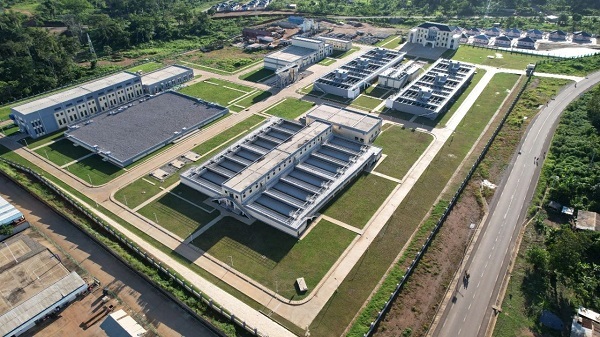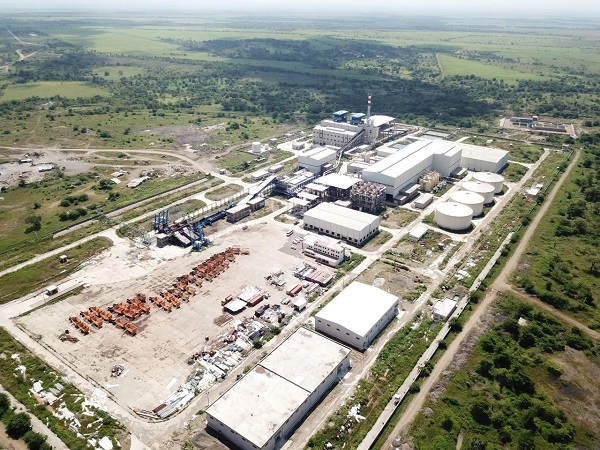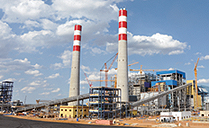Two Sinomach projects selected for "2024 Best Practices of Sustainable Infrastructure Projects Undertaken by Chinese International Contractors"
(sinomach.com.cn)
2025-04-20Two projects undertaken by Sinomach—the Yaoundé Sanaga drinking water treatment plant and supporting facilities in Cameroon and the Tana Beles Sugar Factory One in Ethiopia—have been selected for inclusion in the "2024 Best Practices of Sustainable Infrastructure Projects Undertaken by Chinese International Contractors", published by the China International Contractors Association.
The collection features 45 exemplary cases that highlight the outstanding ESG practices of Chinese enterprises engaged in overseas projects. It aims to showcase the tangible contributions of Chinese contractors to sustainable development under the Belt and Road Initiative, while promoting the positive portrayal of responsible Chinese enterprises abroad.
Yaoundé Sanaga drinking water treatment plant and supporting facilities (Cameroon)

This key livelihood project in Cameroon is designed to alleviate the drinking water shortage in Yaoundé and surrounding areas. Contracted under the EPC model by China Machinery Engineering Corporation (a Sinomach subsidiary), the project was completed in April 2024.
With a daily treatment capacity of 300,000 cubic meters, the water plant will serve over 2.5 million residents. Beyond addressing the critical water supply needs, the project is also expected to boost local grain production, create jobs, and upgrade surrounding infrastructure—delivering real, long-term benefits to the community.
Tana Beles Sugar Factory One (Ethiopia)

The Tana Beles Sugar Factory One is the largest of its kind in Ethiopia's Amhara Regional State. Built under an EPC contract by China CAMC Engineering Co., Ltd. (another Sinomach subsidiary), the factory entered trial operation in September 2023.
With a designed daily output of 12,000 tons of sugar, the project has ended Ethiopia's dependence on imported white sugar and transformed sugar into a key industry for national economic growth. It has significantly boosted local employment and income, strengthened industrial capacity, and increased the country's export potential. The Ethiopian Prime Minister lauded it as a "tangible livelihood project".

 R&D and Manufacture
R&D and Manufacture Project Contracting
Project Contracting Trade and Services
Trade and Services




